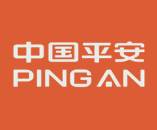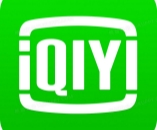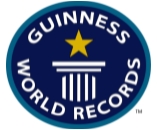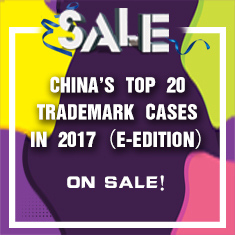-
New
- Shenzhen Weiyuanma Software Development Co., Ltd. v. Tencent Technology (Shenzhen) Co., Ltd.
-
WeChat is well-known software widely used by the public, and the acts accused in this case had a large impact on the daily life of the public.
-
New
- Shenzhen Ping'an International Hotel Co., Ltd. v. Ping An Insurance (Group) Company of China Ltd.
-
Generic vocabulary can have acquired distinctiveness through long-term promotion and use, so the "proper use" of a trademark of the "generic term" nature is limited to the use of the first meaning of the term, i.e. the literal and inherent meaning of the word(s); The use of the second meaning of a "generic term" is actually an infringement act of the good reputation of another's well-known trademarks.
-
- Moody's Quality Management Co., Ltd. v. Hangzhou Aiming Internet Co., Ltd.
- The profitability of investing in domain names and the loopholes in the industry management have brought various chaos in the domain name registration industry.
-
New
- Hangzhou Longfun Internet Technology Co., Ltd. v. Beijing iQIYI Science & Technology Co., Ltd.
-
Through the effective regulation of new types of unfair competition acts under the context of internet competition environment, this case encourages operators to operate in good faith, maintain the normal competition order in the internet market, promote the healthy, orderly and standardized development of the internet video industry, which provides important regulatory guidelines for the rapidly developing internet industry in China.
-
- Hunan Eefung Software Co., Ltd. v. Beijing Weimeng Internet Technology Co., Ltd.
- If it is impossible to prove that public platform data has been captured through normal channels, the act of capturing the public data also constitutes unfair competition.
-
New
- Rules of evidence for customer data misappropriation conducted by former employees
-
The correct trial of this case plays a vital role in unifying adjudication standards of former employees' using the original company's customer information to infringe on trade secrets, improving the rules of evidence application, hearing civil cases of infringement of trade secrets in a fair manner in accordance with the law, and creating a legalized business environment.
-
New
- Guangzhou Daming United Rubber Products Co., Ltd. v. Guinness World Records Limited
-
The unfair competition acts regulated by the principle provisions of Article 2 of the Anti-Unfair Competition Law shall, first of all, not among the unfair competition acts or infringement acts of typical intellectual property rights explicitly enumerated in the law; second, they should be competitive acts leading to harm to the competitive interests of other operators.
-
- Toutiao v. Tencent for Anti-unfair Competition: Business Freedom or Social Responsibility?
- The legal battle between Tencent and Toutiao is rooted in the market competition of the two companies. With WeChat and QQ, the two most important social software in China, Tencent is now the Internet
-
New
- Judicial Determination of Unfair Competition Infringing the Prior Enterprise (Shop) Name Right by the Use of Post One
-
The people's court should accept the lawsuit brought by the obligee on the grounds that the text or graph included in others' registered trademark infringes upon his prior rights such as the right of
-
New
- The Provisions and Law Application of Confusion Behaviors Under the New Anti-Unfair Competition Law
-
On January 1, 2018, the newly revised "Anti-Unfair Competition Law" (hereinafter referred to as the new ACL) came into effect. This is the first revision in 24










